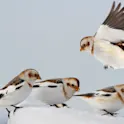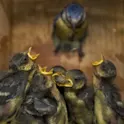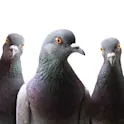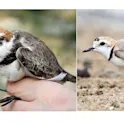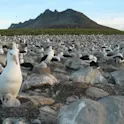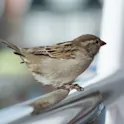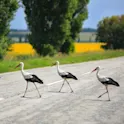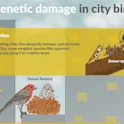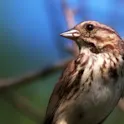
Featured news
22 Aug 2023
City-living may make male song sparrows more doting ‘super’ fathers
By Deborah Pirchner, Frontiers science writer Image: Rob Lachlan New behavioral traits are often the first response of animals to changing environmental conditions. As cities increasingly become habitats of wildlife, researchers have studied behavioral changes in birds and examined how urbanization impacts parental care behavior of male song sparrows. The team found that in cities, where male song sparrows are known to be more aggressive than in rural surroundings, male birds visited nests more often than rural conspecifics visited countryside nests. When animals settle in new environments, or when their natural habitats are rapidly changed by human influence, their behaviors change. One such behavioral change that has been observed in several bird species that settled in cities is increased aggression, born out of the need to defend territories. City-living sparrows have, due to lower species density, fewer encounters with their kin than in the countryside. Yet, urban song sparrows have been shown to be consistently more aggressive in defending their territories. Now, a team of researchers in the US has investigated the effects of urbanization and the associated increase in male aggression on the parental care provided by male birds. “Male songbirds in temperate zones are thought to reduce […]
